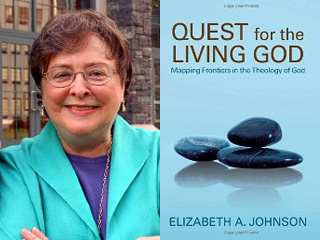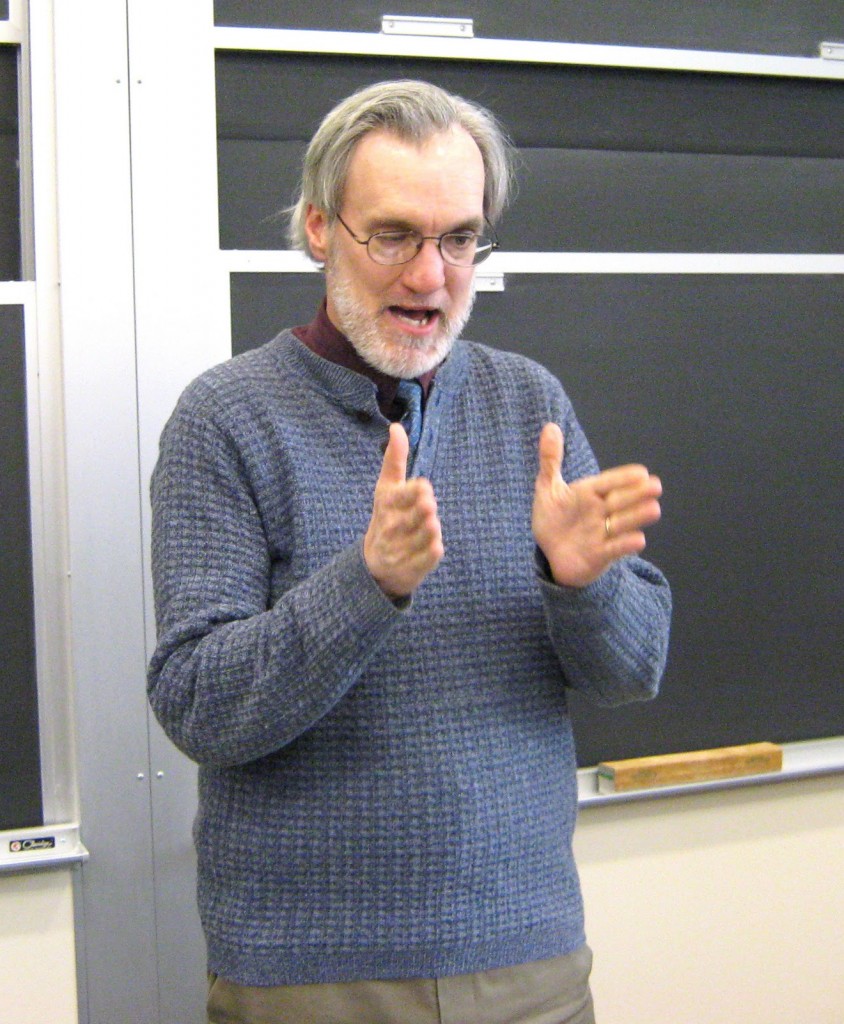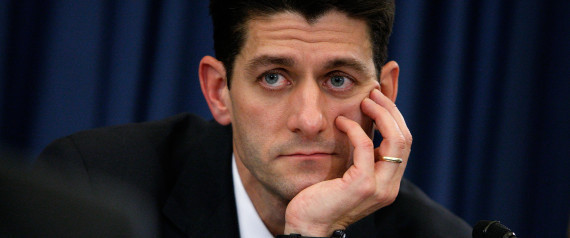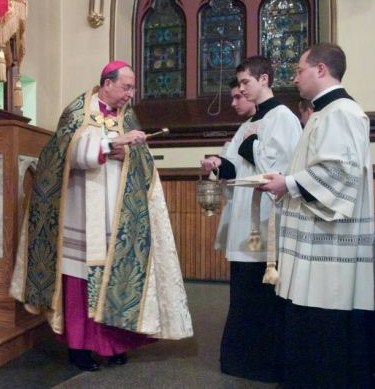The nation’s Catholic bishops again condemned a prominent nun’s book about God, in a move that may further fray relations between the hierarchy and Catholic theologians.
Given the popularity of Sister Elizabeth Johnson’s, “Quest for the Living God” in parishes and universities, the bishops’ renewed criticism may not help their, credibility in the pews, either.
The 11-page statement issued Friday (Oct. 28) by the bishops’ Committee on Doctrine reaffirms a March declaration that Johnson’s book “does not sufficiently ground itself in the Catholic theological tradition as its starting point.”
Johnson, a professor of systematic theology at Fordham University in New York and a member of the Congregation of St. Joseph religious order, published “Quest for the Living God” in 2007. It was widely hailed for elaborating new ways to think and speak about God within the framework of traditional Catholic beliefs and motifs.
In fact, “Quest for the Living God” became so popular that many Catholic universities began using it as a textbook, a development that sparked concern among conservatives, who have been gaining influence within the U.S. Conference of Catholic Bishops.
On Friday, Johnson said she read the bishops’ latest condemnation with “sadness” and “disappointment.”
“I want to make it absolutely clear that nothing in this book dissents from the church’s faith about God revealed in Jesus Christ through the Spirit,” Johnson said in a statement.
Johnson also said the bishops had not responded to her explanations and did not respond to her offer to meet with the doctrinal committee to discuss their differences.
A spokesperson for the bishops said Washington’s Cardinal Donald Wuerl, head of the doctrine committee, had offered to meet with Johnson.
The 21-page critique that the nine bishops on the doctrinal committee released last March puzzled many experts and observers because the criticisms did not seem to reflect the contents of Johnson’s book.
The bishops’ critique claimed that Johnson did not pay sufficient heed to Catholic traditions or did not argue hard enough on behalf of those traditions. The bishops also said that Johnson used ambiguous terms that were open to misinterpretation and could lead believers astray. Particularly, the bishops took issue with Johnson’s discussion of female images for God without giving sufficient weight to the primacy of male imagery.
The USCCB’s criticism irked Catholic theologians because it came without warning more than three years after the book was published and seemed to violate the bishops’ own guidelines, which call for dialogue with theologians rather than public pronouncements.
Those guidelines had been adopted in an effort to try to ease growing tensions between theologians and the hierarchy. Church officials said the popularity of Johnson’s book made it imperative that they act without wider consultations.
In addition, there were concerns because the top staffer at the doctrine committee, the Rev. Thomas Weinandy, is a conservative theologian who had long been associated with a controversial Catholic community in Washington.
In a May speech, Weinandy said that theologians can be a “curse and affliction upon the church.” He did not mention Johnson by name but blasted theologians who “often appear to possess little reverence for the mysteries of the faith as traditionally understood and presently professed within the church.”
In June, Johnson responded to the doctrinal committee with a 38-page defense of her work, arguing that the bishops had misunderstood and “misrepresented” her book.
The critique by the bishops does not mean that Johnson’s book is formally banned from parishes and universities, though it will likely become a marker for conservative critics if they see priests or theologians using the book in churches and classrooms.
And as often happens in these cases, the hierarchy’s disapproval has actually made the book even more popular than it was before.
In her statement Friday, Johnson said she received thousands of messages of support from readers after the condemnation was published in March, including one from an elderly Catholic man who had read “Quest for the Living God” in his parish book club.
“Now I am no longer afraid to meet my Maker,” the man told Johnson.
Complete Article HERE!




